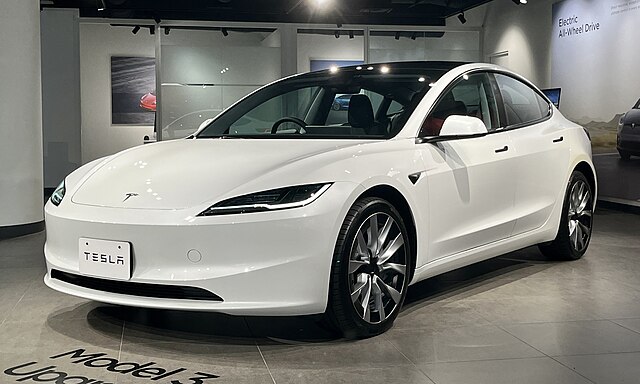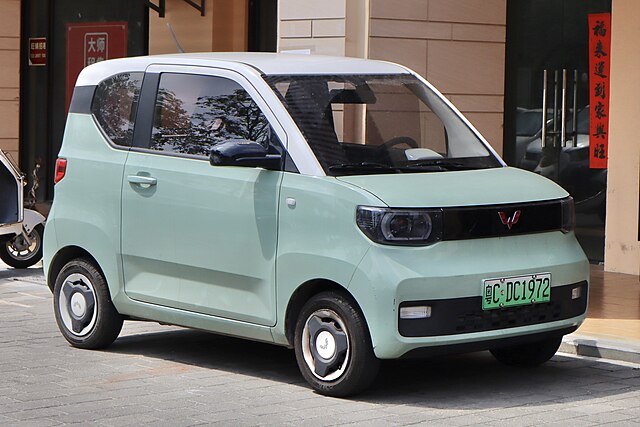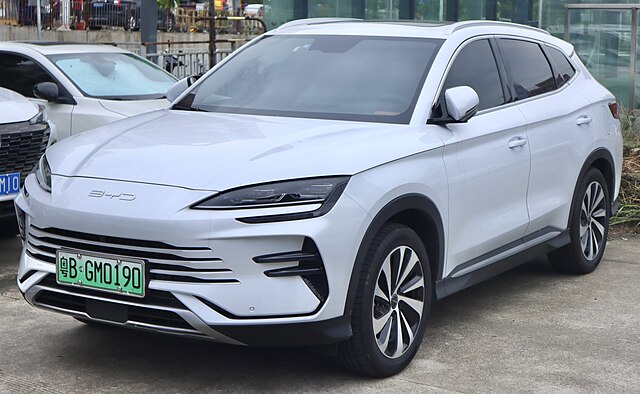Plug-in electric vehicle fire incidents
Numerous plug-in electric vehicle (EV) fire incidents have taken place since the introduction of mass-production plug-in electric vehicles. As a result of these incidents, the United States Department of Transportation's National Highway Traffic Safety Administration (NHTSA) conducted a study in 2017 to establish whether lithium-ion batteries in plug-electric vehicles pose an exceptional fire hazard. The research looked at whether the high-voltage batteries can cause fires when they are being charged, and when the vehicles are involved in an accident.Regarding the risk of electrochemical failure, [this] report concludes that the propensity and severity of fires and explosions from the accidental ignition of flammable electrolytic solvents used in Li-ion battery systems are anticipated to be somewhat comparable to or perhaps slightly less than those for gasoline or diesel vehicular fuels. The overall consequences for Li-ion batteries are expected to be less because of the much smaller amounts of flammable solvent released and burning in a catastrophic failure situation.

Frontal crash test of a Volvo C30 Drive Electric to assess the safety of the battery pack
A Zotye M300 EV having its batteries replaced.
The batteries of a Zotye M300 EV being charged before being swapped.
Wear and tear in the battery compartment of a Zotye M300 EV, located in the trunk.
A plug-in electric vehicle (PEV) is any road vehicle that can utilize an external source of electricity to store electrical energy within its onboard rechargeable battery packs, to power an electric motor and help propelling the wheels. PEV is a subset of electric vehicles, and includes all-electric/battery electric vehicles (BEVs) and plug-in hybrid electric vehicles (PHEVs). Sales of the first series production plug-in electric vehicles began in December 2008 with the introduction of the plug-in hybrid BYD F3DM, and then with the all-electric Mitsubishi i-MiEV in July 2009, but global retail sales only gained traction after the introduction of the mass production all-electric Nissan Leaf and the plug-in hybrid Chevrolet Volt in December 2010.
Tesla Model Y electric car (2.49 million)
Tesla Model 3 electric car (2.06 million)
Wuling Hongguang Mini EV electric car (1.22 million)
BYD Song DM plug-in hybrid car (>1.05 million)








